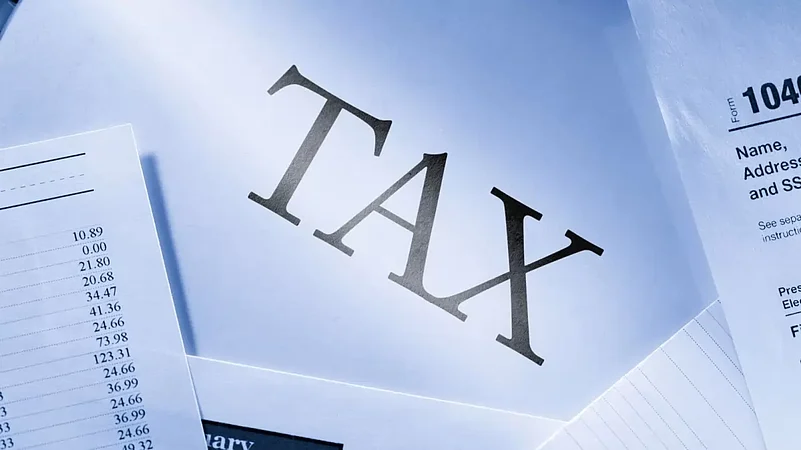What is the difference between Tier-I and Tier-II of the National Pension System (NPS) as regards tax treatment at the time of making investment or withdrawal?
Answer: NPS Tier-I account is the basic account and is mandatory, whereas Tier-II account is optional where one can invest his/her money for as long as he/she wishes. The money deposited in the NPS Tier-II account can be withdrawn at any time, whereas the money deposited in Tier-I account generally cannot be withdrawn before completion of 60 years of age.
Tax benefits for contribution is available to everyone in respect of Tier-I account, under Section 80CCD of the Income-tax Act, 1961, whereas tax benefit for contribution to Tier-II account is available under Section 80C of the Income-tax Act, 1961 to only employees of the central government, and that too with three years’ lock-in.
Likewise, at the time of withdrawal of money from the Tier-I account after 60 years of age, one has to mandatorily buy an annuity plan for 40 per cent of the accumulated corpus. The balance 60 per cent will come tax-free in the subscriber’s hand. Partial withdrawal up to 25 per cent of the contribution made by an employee is also tax-free during continuance of the account. As far as taxation on withdrawals from Tier-II accounts is concerned, the appreciation will be taxed as short- or long-term capital gains depending on the period for which the investment in Tier-II account is held.
I have been doing intraday trading as well as some delivery-based transaction on stock market. The holding period is not more than a month. Will the income so earned from these be taxable?
Answer: All profits earned on intraday trading transaction as well as delivery-based transactions are taxable. As regards the profits in respect of intraday trading, the main question that arises is whether these will be taxed under the head “Profit And Gains Of Business Or Profession” or “Capital Gains”. That will, however, depend on factors, such as volume, frequency, average holding period of the securities, source of money for making investments, and regular source of income for your living, and so on.
However, it seems in your case, the likelihood of it being treated as business income is very likely, as you very frequently enter into such transaction, and the holding period of your security is also relatively lesser.
Can a husband give interest-free loan to his wife? Is there anything against it in the income tax law?
Answer: There are no legal bars on one giving interest-free loans to anyone, including your wife as long as you are lending if out of your own funds. However, in case you have lent the money out of the interest-bearing borrowed funds, the assessing officer may disallow your claim for interest payable by you in respect of such borrowed money.
There is also the likelihood of the assessing officer applying the provision of Section 60 of the Income-tax Act, 1961 where the income accruing to the transferee is required to be clubbed in the hands of the transferor, where income has been transferred without transferring ownership of the asset.
The author is a tax and investment expert
(Disclaimer: Views expressed are the author’s own, and Outlook Money does not necessarily subscribe to them. Outlook Money shall not be responsible for any damage caused to any person/organisation directly or indirectly.)































